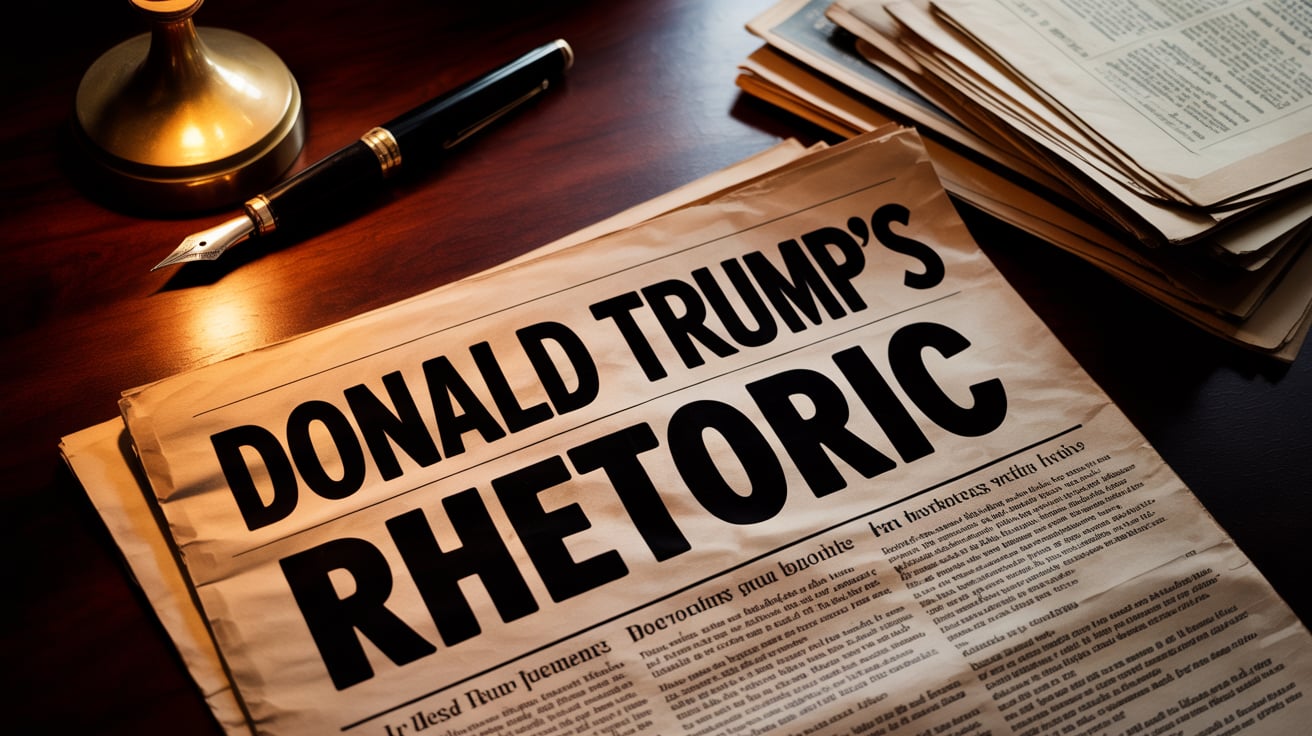The Kremlin has suggested that former U.S. President Donald Trump may be experiencing “emotional overload” after he questioned whether Russian President Vladimir Putin was “crazy
undefined https://t.co/m9Xkg9jgG7 via @nbcnews
— Globa Now (@Globanow) May 26, 2025
Amid reports of renewed heavy attacks on Ukraine, questions have resurfaced about whether Donald Trump will reconsider his approach of courting the Russian president.
The Kremlin on Monday dismissed former President Donald Trump’s remarks calling Russian President Vladimir Putin “crazy,” suggesting instead that Trump may be experiencing “emotional overload.”
Kremlin spokesman Dmitry Peskov acknowledged Trump’s role in helping initiate negotiations between Moscow and Kyiv but said those talks were accompanied by “an emotional overload for absolutely everyone, along with emotional reactions.”
Peskov defended Putin’s actions, stating the Russian leader was “doing what must be done for Russia’s security.”
His comments came in response to Trump’s statement over the weekend that Putin had gone “absolutely crazy” after Russia launched its largest aerial assault on Ukraine since the 2022 invasion. Trump also warned that Putin’s pursuit of total control over Ukraine could ultimately lead to Russia’s “downfall.”
The barrage, which struck Kyiv and other cities with around 300 drones and missiles, killed at least 12 people overnight on Saturday.

Trump, who has pledged to end the war in Ukraine within a day if re-elected and has positioned himself as a potential peace broker, also took aim at Ukrainian President Volodymyr Zelenskyy, accusing him of “doing his country no favors by talking the way he does.”
However, fresh reports Monday of intensified Russian strikes on Kharkiv have raised new doubts about whether Trump will continue his strategy of courting Putin.
Former President Donald Trump’s apparent rapport with Vladimir Putin stretches back at least a decade. In 2015, the Russian leader praised then-candidate Trump as a “colorful, talented person,” a compliment Trump called a “great honor” coming from the “highly respected” Putin.
Just a year later, Trump made headlines by publicly urging Putin to interfere in the U.S. presidential election—widely seen by observers as an open call for Russian intelligence to hack the emails of his Democratic opponent, Hillary Clinton.
More recently, Putin adviser Yuri Ushakov revealed that the two leaders held a cordial, though ultimately unproductive, phone conversation, noting that “neither of them wanted to end the conversation.”
Despite the mutual admiration between Trump and Putin, relations between Washington and Moscow remain strained. On the ground, Russia has intensified its military campaign in Ukraine, showing little sign of easing hostilities in pursuit of peace or even a ceasefire.
The latest wave of attacks on Kyiv indicates that Russia is poised to escalate both the scale and frequency of its military operations this summer, aiming to ramp up pressure ahead of potential negotiations, according to Jack Watling, a senior research fellow at the Royal United Services Institute, a London-based think tank.
“Russia’s summer offensive will likely begin with a soft launch—gradually increasing the number and intensity of assaults across a wider front,” Watling wrote. “There are already signs that this process is underway.”
Over his 25 years in power, President Vladimir Putin has repeatedly demonstrated a readiness to use military force—not only in Ukraine, but also in conflicts in Chechnya and Georgia.
Despite Trump’s often sympathetic tone toward the Kremlin, U.S. policy has traditionally taken a firmer stance on Russia, especially since his first term in office. In response to Moscow’s renewed offensive, momentum is building in Washington to impose tougher sanctions.
On Sunday, Trump said he would “absolutely” consider new sanctions against Russia. Meanwhile, Senators Lindsey Graham (R-S.C.) and Richard Blumenthal (D-Conn.) announced plans to introduce a “hard-hitting” bill targeting the Kremlin. Their proposal includes a 500% tariff on Russian exports if Moscow refuses to engage in good-faith peace talks with Ukraine or launches another invasion that undermines Ukraine’s sovereignty following any negotiated settlement.
In parallel, the U.S. is pressing its NATO allies to supply more missiles and air defense systems from their stockpiles to help Ukraine defend against Russia’s increasing ballistic missile attacks.
“Russia cannot sustain this indefinitely, but for now, Moscow believes its leverage over Ukraine will grow with time,” Watling noted, adding that the Kremlin is likely intensifying its military efforts in part because “Trump has strongly implied he would pull out of negotiations.”











2 thoughts on “Kremlin Responds to Trump’s “Crazy” Remark About Putin, Citing ‘Emotional Overload”